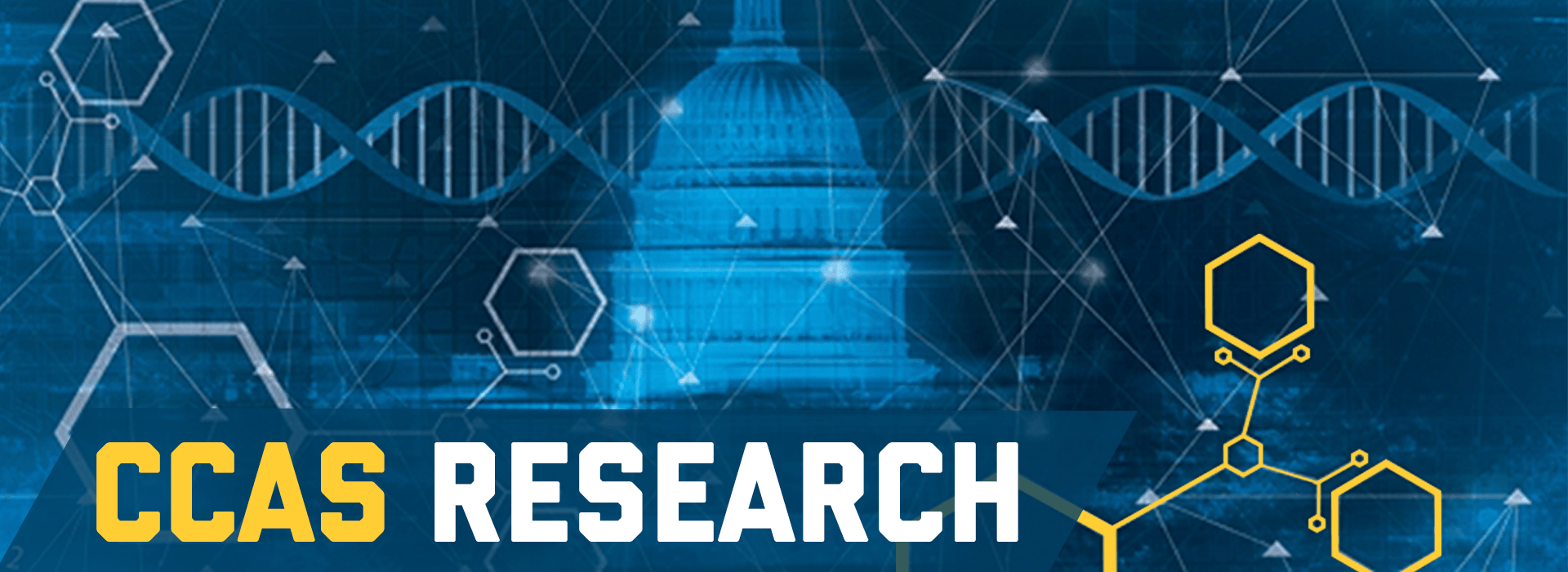We understand your need to know about the outcome of your submissions so you can plan for your summer. Here are statuses for the various internal proposals.
- UFF/CCFF: For UFF, OVPR has notified the funding decisions for all applicants earlier and subsequently shared with us the materials for the unfunded UFF proposals on April 12. Our Review Committee has now finished the evaluation of those proposals, and we expect to communicate with the applicants within this week.
- Enhanced Faculty Travel: All applicants have been informed with the funding decisions, or have been requested of for more information.
- Dean's Research Chair: All funding decisions have been made and communicated to the applicants.
- Nick-of-Time and DICE: These are considered as they come in. As of now, PIs of all submitted applications have been informed of the funding decisions.
- Humanities Facilitating Fund (HFF): The review process is managed by Professors Tyler Anbinder and Lynn Westwater. By now, all applicants have been informed of the funding decisions.


